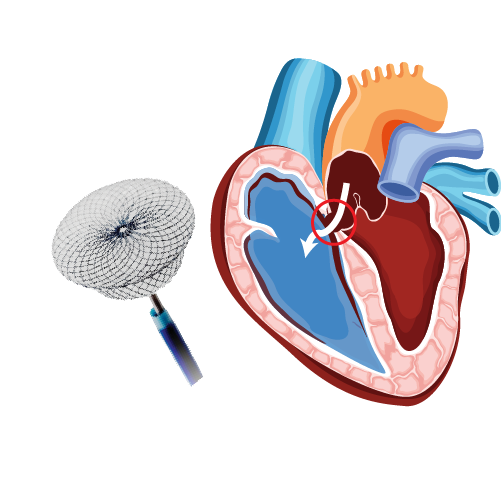Transcatheter Mitral Valve Replacement (TMVR): Revolutionizing Heart Care
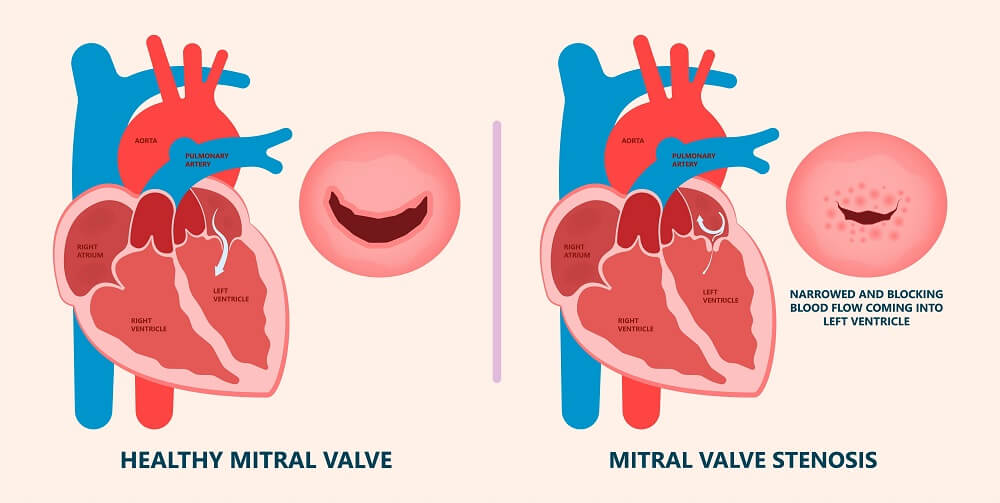

Transcatheter Mitral Valve Replacement (TMVR) is a groundbreaking procedure that offers a minimally invasive alternative to traditional open-heart surgery for treating mitral valve disease. It has the potential to transform the field of cardiology by providing effective treatment options for patients who are at high risk or deemed inoperable for conventional surgery.
In this article, we will explore the intricacies of TMVR, its benefits, procedural details, and the future prospects of this innovative technique.
Understanding Mitral Valve Disease
The mitral valve is located between the left atrium and the left ventricle of the heart and plays a crucial role in maintaining proper blood flow. Mitral valve disease occurs when the valve becomes dysfunctional, leading to conditions such as mitral regurgitation (leakage of blood backward) or mitral stenosis (narrowing of the valve opening). These conditions can result in symptoms like shortness of breath, fatigue, chest pain, and reduced overall heart function.
Traditional Mitral Valve Surgery vs. TMVR
Traditional open-heart surgery involves a sternotomy, where the chest is opened to access the heart. It requires stopping the heart and using a heart-lung bypass machine. The surgeon repairs or replaces the mitral valve through direct visualization. While highly effective, open-heart surgery carries risks associated with a large incision and prolonged recovery time.
On the other hand, TMVR is a less invasive procedure that can be performed without a sternotomy. It employs catheter-based techniques to implant a new mitral valve while the heart continues to beat. This method avoids the need for a heart-lung bypass machine. TMVR is primarily used for patients who are high-risk or inoperable for traditional surgery.
The TMVR Procedure
It is worth noting that TMVR differs from the TAVR procedure, which is used for treating aortic valve stenosis. Here’s an overview of the steps involved in TMVR:
Patient Evaluation
A thorough assessment of the patient’s medical history, physical condition, and diagnostic tests is conducted. Various imaging techniques, such as echocardiography and cardiac CT/MRI scans, aid in determining the suitability for TMVR.
Transcatheter Valve Selection
Several transcatheter valve designs are available for TMVR, including balloon-expandable valves and self-expanding valves. The choice of valve depends on the patient’s anatomical characteristics and the surgeon’s preference. It is a good idea to consult a trusted heart specialist in Hyderabad (or wherever you are) to determine whether TMVR is the right choice for you.
Access and Delivery
Access to the heart is gained through a minimally invasive approach, such as a small incision in the groin or chest. A catheter is guided through the blood vessels to reach the mitral valve site. The transcatheter valve, compressed onto a delivery system, is advanced through the catheter and positioned within the native valve.
Deployment and Placement
The transcatheter valve is deployed using different techniques, such as balloon inflation or self-expansion. Proper positioning and assessment of the valve’s function are done using imaging guidance. Once confirmed, the delivery system is detached, and the new valve takes over the role of the mitral valve.
Benefits and Advancements in TMVR
The benefits of TMVR include:
Minimally Invasive Approach
TMVR reduces the invasiveness associated with traditional surgery, leading to smaller incisions, less pain, and shorter recovery times. The procedure is particularly beneficial for patients at high surgical risk or those ineligible for open-heart surgery.
Improved Patient Outcomes
TMVR has shown promising results in reducing mitral regurgitation and improving heart function. Patients experience symptom relief, improved quality of life, and increased survival rates. The shorter recovery period also allows for faster rehabilitation.
Future Prospects
TMVR continues to evolve, with the best cardiologists in India and worldwide investing in ongoing research and advancements to improve valve technology and procedural techniques. The expansion of patient eligibility criteria, refinement of imaging modalities, and the development of more tailored transcatheter valve designs contribute to the future growth of TMVR. Furthermore, ongoing clinical trials aim to establish TMVR as a standard treatment option for a broader range of mitral valve diseases.
Conclusion
TMVR represents a significant advancement in cardiology, offering a less invasive alternative to traditional mitral valve surgery. This groundbreaking procedure provides hope for patients with mitral valve disease previously considered high-risk or inoperable. With its numerous benefits, TMVR has the potential to revolutionize heart care, improving patient outcomes and enhancing their quality of life. As technology advances, the future of TMVR looks promising, paving the way for further innovations in transcatheter cardiac interventions.
Dr. C Raghu is considered one of the best interventional cardiologists in Hyderabad and all over India. If you or anyone you know has been diagnosed with mitral valve disease, feel free to consult with Dr. Raghu today.
Book Online Consultaion
Transcatheter Mitral Valve Replacement (TMVR): Revolutionizing Heart Care
Subscribe the Hearty Life Blogs

DR. RAGHU | Best Cardiologist in Hyderabad
Cardiology Coronary, Vascular and
Structural Interventions
Conditions & Diseases
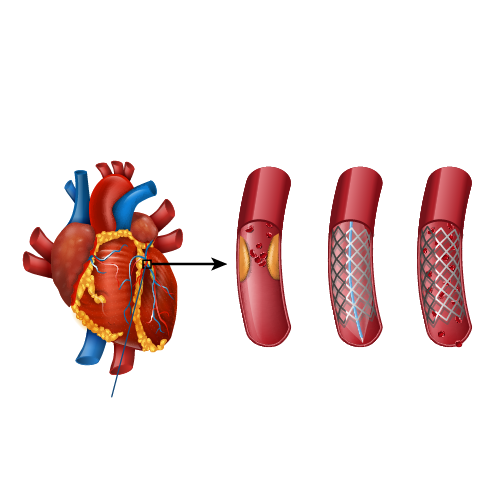
Angioplasty
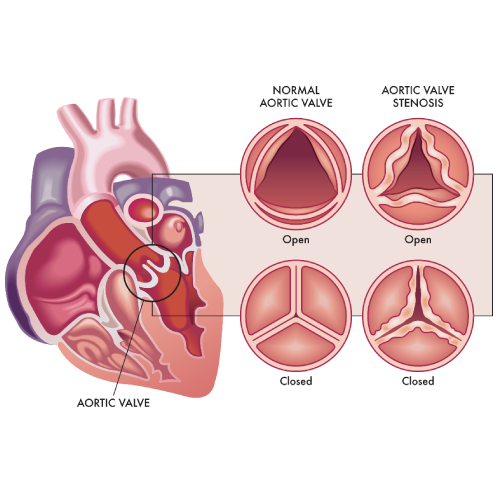
Aortic Stenosis
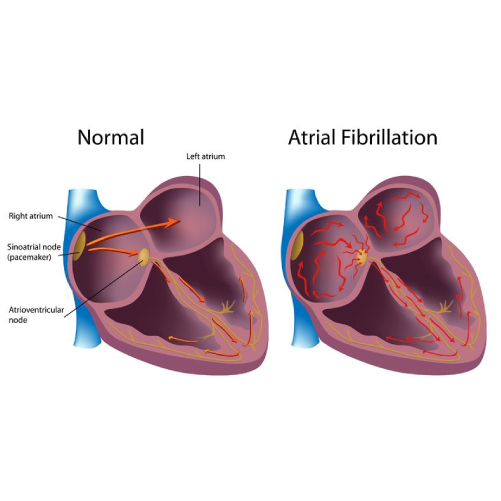
Atrial Fibrillation
